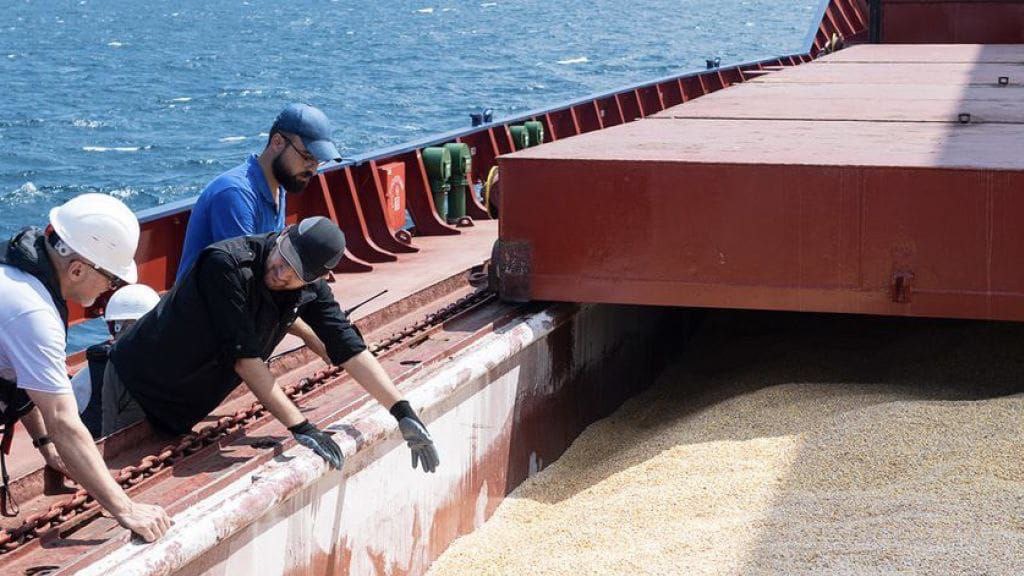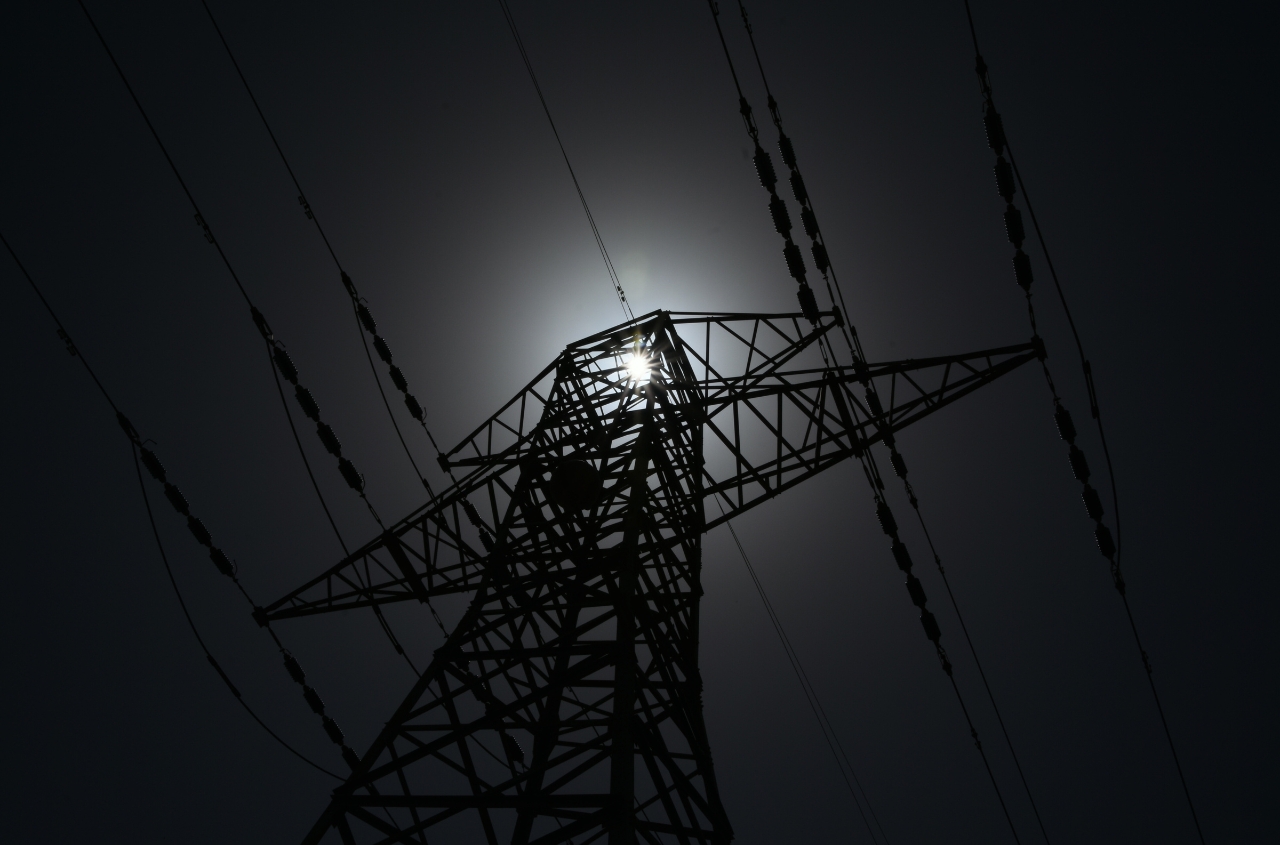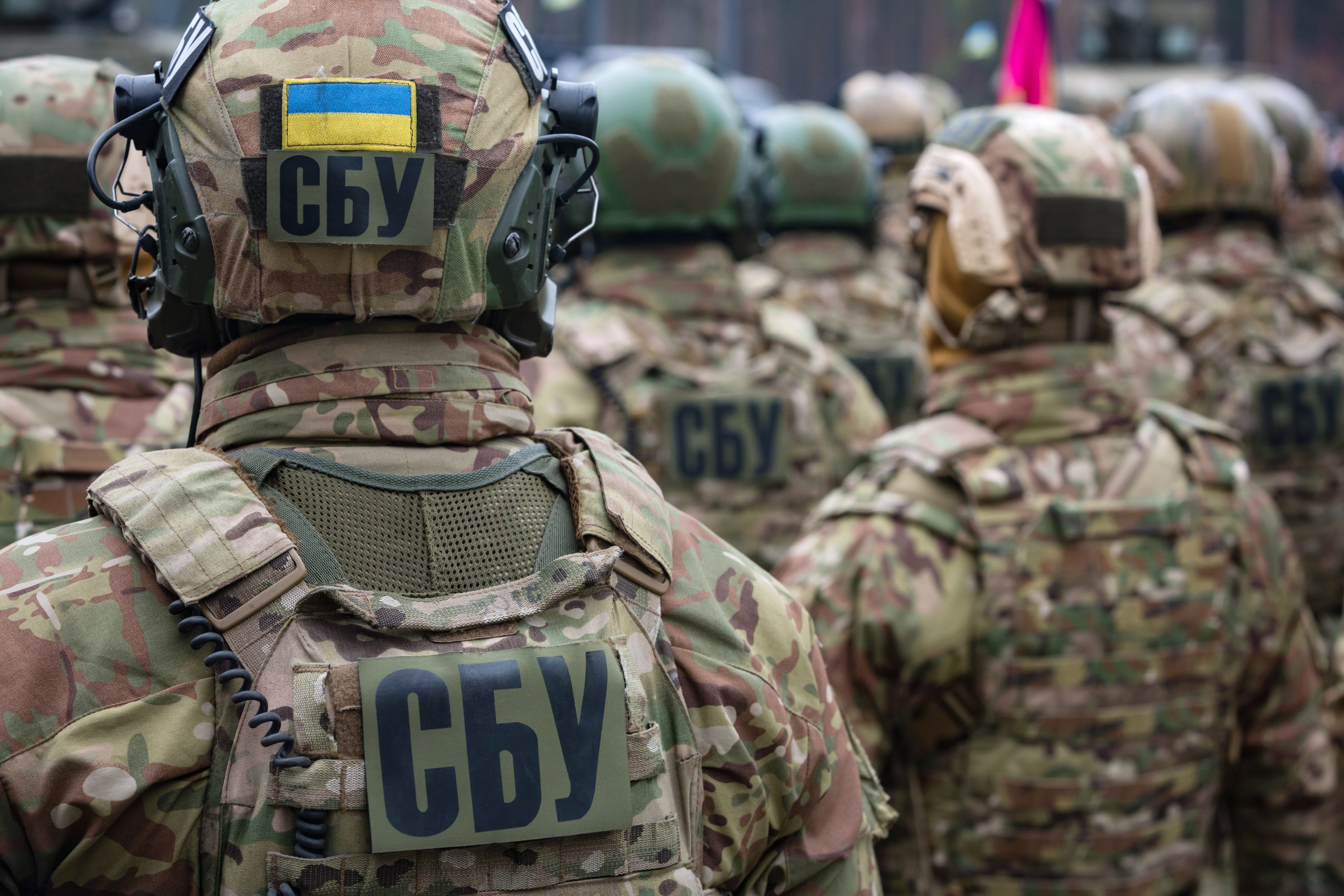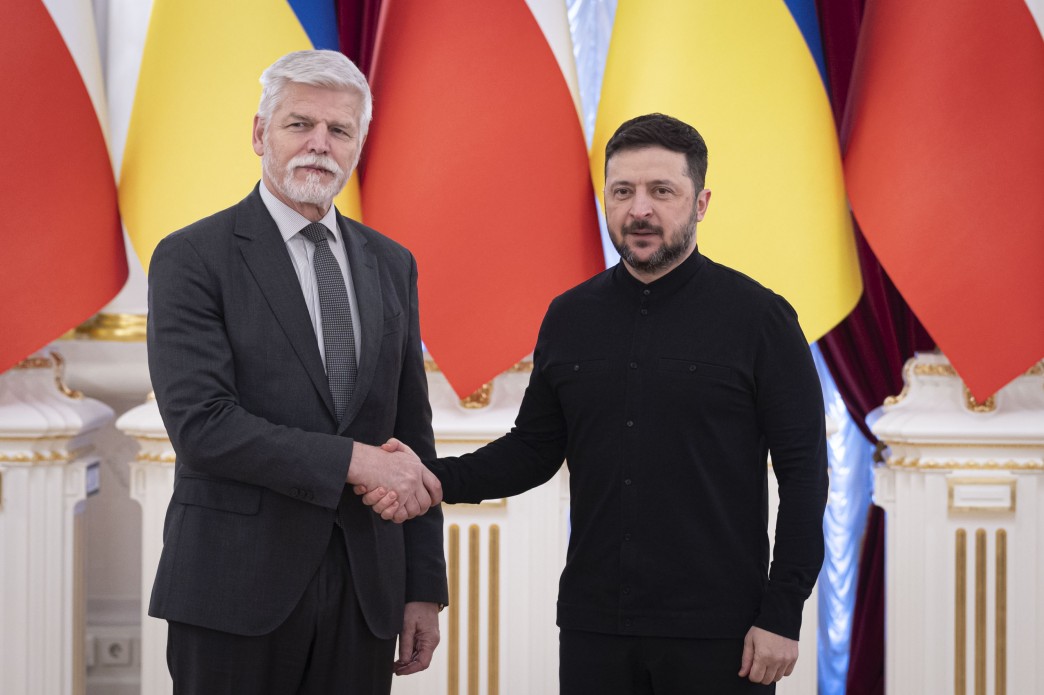As of July 17, 2023, Moscow withdrew from the Black Sea Grain Initiative – a UN agreement involving Turkey, Russia, and Ukraine aimed at establishing maritime corridors for exporting grain and related products from Ukraine. The Kremlin threatened to sink any ship heading towards Ukrainian ports. Fortunately, such actions have not been observed yet. On August 26, the second ship named "Primus" under the Liberian flag smoothly left the waters of the Odesa port. This ship had been in Ukraine since February 20, 2022 reports Center for Countering Disinformation.
Why is Russia doing this? It's evident that Putin has found an alternative to using gas as a geopolitical weapon. On one hand, the Kremlin employs the "grain blackmail" as a lever to influence the collective Western stance on Ukraine. On the other hand, Russia aims to push Ukraine out of the grain market and legitimize the export of grain taken from temporarily occupied Ukrainian territories. By cynically offering African countries free grain, Russia would threaten these countries with famine should they deviate from a pro-Russian position.
What impedes safe grain exports from Ukraine through the Black Sea?
Firstly, the export of Ukrainian grains has led to tensions in the relations between Ukraine and neighboring countries. Five countries of the European Union - Poland, Bulgaria, Hungary, Romania, and Slovakia - support the continuation of the ban on the import of Ukrainian grain until the end of the year, citing an excess of Ukrainian production in their markets and mass protests by local farmers. The Ministry of Foreign Affairs of Ukraine categorically deemed such a decision unacceptable, as it "does not correspond to the spirit and letter of the Association Agreement between Ukraine and the EU." Later, the European Commission managed to reach a compromise with Poland, Hungary, Slovakia, Romania, and Bulgaria, stating that they could prohibit the sale of Ukrainian agricultural products within their territories but would not hinder transit to other countries. However, the EC's decision regarding the European countries that stopped the import of Ukrainian grain has not been formalized on paper yet. Furthermore, Poland is likely to refuse to comply with the EC's decision and will continue the ban on the export of Ukrainian agricultural products until the end of 2023. The Polish government's decision is politically motivated in the context of parliamentary elections scheduled for October 15 in the country, the results of which largely depend on the support of agro-farmers for the ruling party.
Secondly, the completion of negotiations between the Ukrainian government and international insurance companies regarding the insurance of vessels carrying grain to and from Black Sea ports is required. Currently, an agreement is being worked out between Ukrainian state banks and international insurance groups, including "Lloyd’s of London," and according to forecasts, it may be concluded as early as next month.
Thirdly, according to Western media reports, the Black Sea Grain Initiative is reportedly being replaced by a new grain export scheme led by Russia in collaboration with Turkey and Qatar, targeting economically challenged countries, particularly in Africa, without involving Ukraine. Under this new scheme, such deliveries would take place under the auspices of the United Nations World Food Programme, with funding from Qatar. Supposedly, this will be a topic of discussion at a planned meeting with Turkish President R. Erdogan scheduled for September 8. It's not ruled out that Putin might use this informational tactic to further the "grain" agreement on terms favored by the Kremlin.
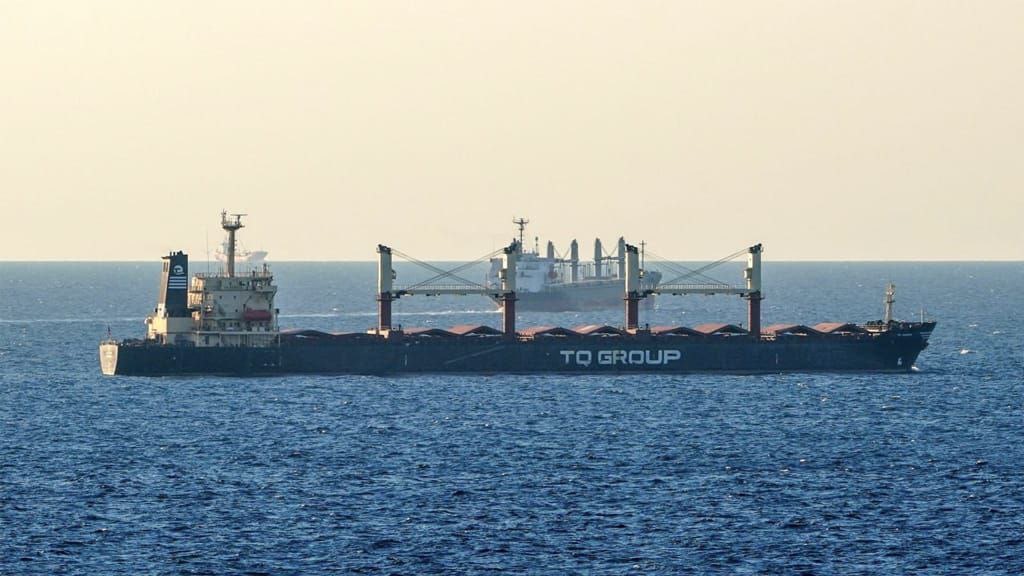
What is the way out of the situation?
Certainly, Ukraine and the West are interested in restoring the functioning of the Black Sea Grain Initiative. However, to avoid becoming a hostage to Russian blackmail, Ukraine, with the support of the EU, is actively exploring alternative paths for exporting agricultural products without involving Russia. For instance, the EU proposes the concept of "solidarity lanes" for the export of grain and other products from Ukraine. Diplomatically, agreements have been reached for the transportation of Ukrainian grain through Croatia's ports on the Danube and the Adriatic Sea, Romania's ports on the Danube (around 4 million tons per month), and trains operated by Latvia's state railway company (from 500,000 to 1 million tons). According to expert estimates, the tonnage transported through these alternative routes actually exceeded the volumes moved due to the grain agreement. As such, about 45 million tons of Ukrainian grain, oilseeds, and related products, as well as over 36 million tons of non-agricultural products including iron ore, steel, soil, and timber, were exported through alternative routes via Poland and Romania, bringing Ukrainian farmers and businesses around 33 billion euros.
Undoubtedly, Russia will continue to create artificial obstacles for maritime navigation in the Black Sea for Ukraine. Notably, to hinder Ukraine's ability to export grain by sea, the Russians began targeting the port and grain infrastructure in the Odessa region. Therefore, the main task for Ukrainian and Western diplomacy remains the restoration of the status of external jurisdiction to the Black Sea, where commercial navigation is absolutely safe and not subject to the ambitions of the Kremlin.









